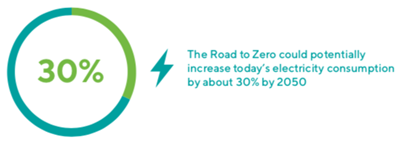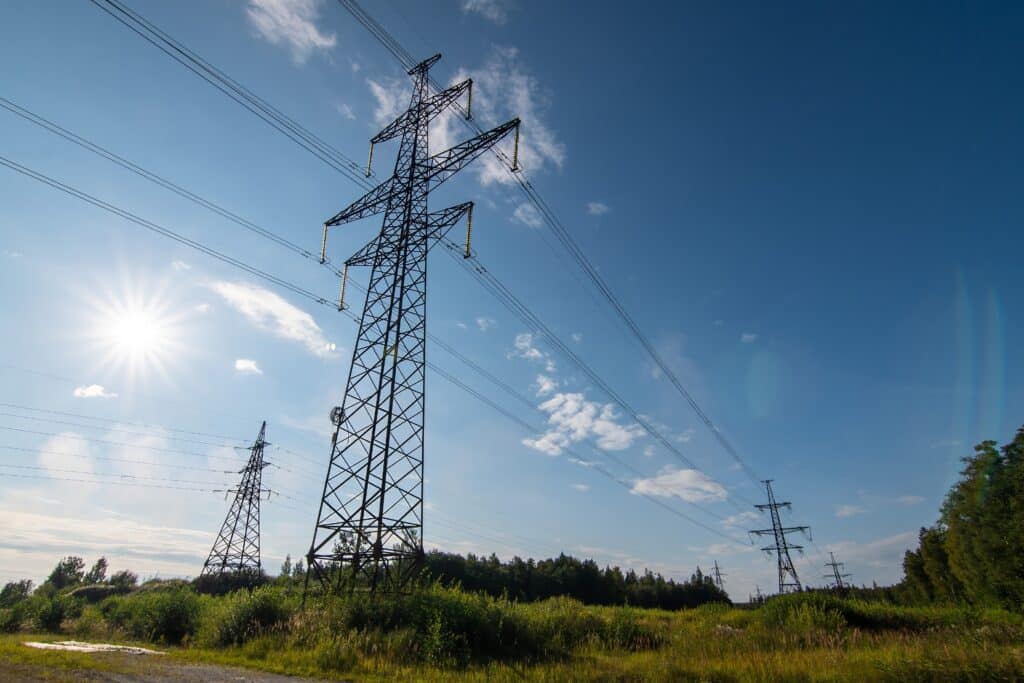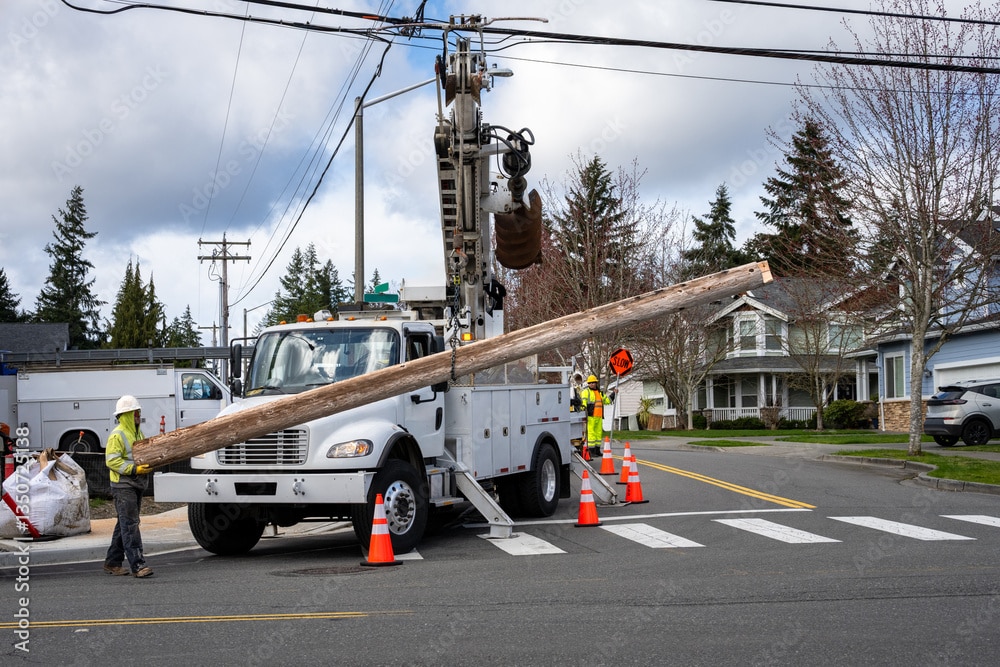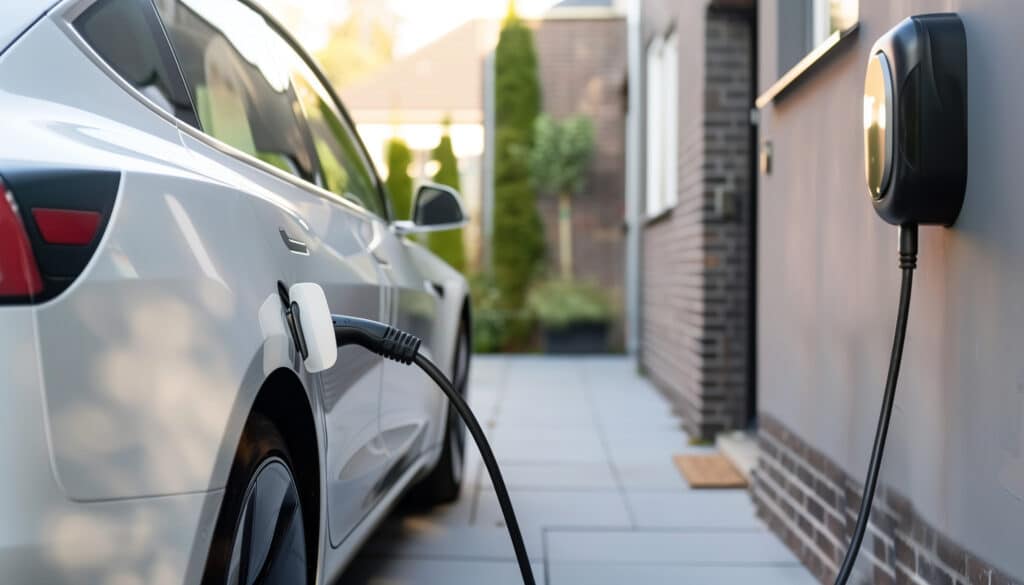Understanding the impact of EVs on electricity networks
Transport electrification is critical to achieving decarbonisation goals, but some have cited concerns about the impact this change could have on the electricity network. Despite these concerns, there are several factors driving the push towards electrifying transportation. These factors include the need to reduce greenhouse gas emissions, improve air quality, and reduce dependence on fossil fuels. VisNet® and EA Technology partnered with Drive Electric to conduct a trial for Western Power Distribution, which demonstrated how electrifying transport can be achieved without putting undue pressure on the electricity grid. This trial showed that by “thinking of the network,” we can make the transition to an electric future without compromising reliability or impacting the overall energy market.
The transport sector now accounts for the largest share of UK energy consumption by sector. However, there has been no significant reduction in emissions from transport since 1990.

Data source: https://www.gov.uk/government/statistics/energy-consumption-in-the-uk

What’s happening now?
There’s significant policy support for EVs to help achieve Net Zero. The government is encouraging consumers to switch petrol and diesel cars and vans for battery electric vehicles through various measures:
- EU level binding emission targets for new vehicles apply to manufacturers
- Ban on the sale of new internal combustion engine-powered vehicles in 2030 (previously 2035)
- Purchase subsidies for battery electric vehicles
- Grants available for individuals and businesses installing charging points
- Attractive benefit in kind tax rates for EVs (compared to petrol/diesel cars)
Here in the UK, sales of battery electric and plug-in hybrid vehicles are increasing. But there’s a problem that goes hand-in-hand with that: the Road to Zero could increase today’s energy consumption by around 30% by 2050. So what about the electricity networks?

Data source: https://assets.publishing.service.gov.uk/government/uploads/system/uploads/attachment_data/file/942102/veh0253.ods

Source: Table 4.18 http://fes.nationalgrid.com/media/1432/fes-data-workbook-v30.xlsx

Source: https://www.lowcvp.org.uk/projects/electric-vehicle-energy-taskforce.htm
Getting ready to take the pressure
As electric cars become a more common sight on our roads, fears about the impact they will have on our electricity networks have grown. However, it seems the industry has been busy preparing. The National Grid has been busy creating models to show how tariffs can reduce the increase in peak demand as vehicle owners charge their EVs. The smart technology built into EV chargers and the use of time-of-use tariffs by energy suppliers are helping to encourage drivers to charge off-peak. Meanwhile, distribution networks are modelling where they need to reinforce to plan extra capacity and improving the connection process for charge point operators. Design standards for new houses are also being changed to future-proof the network. All of this work is starting the process of educating drivers about smart charging and ensuring our electricity networks are ready for the electric revolution.
Exploring the future through Electric Nation
Innovation projects are critical to understand what demand EV charging will create, and they have also allowed network operators to trial of smart charging with customers to prove feasibility and acceptability. Western Power Distribution’s Network Innovation Project Electric Nation was one such initiative developed to address the challenge of increasing demand on distribution networks from the electrification of transport.
Delivered by project partners EA Technology, Drive Electric, TRL and Lucy GridKey between 2016 and 2019, Electric Nation aimed to:
- Expand understanding of the impact of domestic EV charging on distribution networks (range of vehicles, up to 7kW charge rate)
- Increase understanding of charging behaviour for different vehicle types
- Evaluate technical feasibility and customer acceptance of smart charging solutions to manage additional demand
The field trial
The two-year field trial included 673 participants and more than 130,000 charging events. Smart charging in Electric Nation involved sending signals to slow charging down when necessary or using tariffs to encourage drivers to charge outside of peak times
What we discovered about demand management
We wanted to determine whether it would inconvenience drivers if charging were slowed down, for example during the evening peak), whether or not participants would accept this, and how they would respond to time of use tariffs.
Data from the trial showed that cars are generally plugged in for much longer than they need to charge for, particularly when they are plugged in the evening. This is because, in most cases, the car is plugged in overnight. This means that there is flexibility in the charging – it can be slowed down and still be fully charged when the driver next wants their car.
Data from the trial showed flexibility in charging. However, without an incentive, EV charging could create additional demand in the evening peak which would sometimes be greater than the network capacity – particularly in winter when other demand is also high. Demand management through smart charging could be a solution to this. The trial showed that demand management was technically feasible and acceptable to the majority of participants –satisfaction scored by participants remained high and was not linked to the amount of management they experienced.
The final part of the trial looked at whether a Time-of-Use incentive supported by an app and smart charging could reduce the additional demand created in the evening peak. This approach was highly effective at moving demand away from the evening peak. During this trial there was always enough capacity available for those who wanted to charge in the evening peak. Engagement with the app was high, with 61% of participants using the app. Satisfaction remained high, and 76% of participants would recommend the app and tariff to their friends.
Summary
As more and more people make the switch to electric vehicles, it’s becoming increasingly important to have a reliable and efficient system in place for charging. That’s where smart charging comes in – by scheduling charging times during off-peak hours, energy costs can be lowered for all users while minimizing strain on the power grid. Electric Nation is leading the charge when it comes to implementing this technology, showing that it not only benefits the environment but also makes life easier for EV owners. With a simple smartphone app to monitor and manage charging schedules, there’s no need to worry about inconvenience or unexpected costs. Overall, this means a more sustainable and user-friendly future for electric transportation.
Resources for further reading
Download Electric Nation reports:
Find out more about other EV projects:
Integrating the Electrification of Transport
Experts in electric vehicles and electricity network solutions
EA Technology offers…
- EV-electricity network impact studies
- Demand control technology development
- Mass EV trials / customer research
- Pioneering customer engagement
- Multi-sector stakeholder engagement
- Cost-benefit analysis
- Consultation management & delivery
Commercial, strategy & regulation
- Strategic leadership and advice on the implementation of commercial/regulatory mechanisms to facilitate EV uptake on networks
- Evidence-based development and delivery of local, regional and national EV strategies to support carbon reduction targets
- Development and implementation of customer messaging strategies to support EV demand control
Collaborative projects
- Project management & partner brokering across automotive / utility / network operator / Government / consumer bodies
- Exemplary track record of customer engagement for world-leading EV trials
- Pioneering research on network impact and demand side management
Smart solutions
- Feasibility & network studies
- Advice on procurement, connections, deployment, safety and technical innovation relating to electricity networks in areas including:
- Buses, freight and fleet
- Connected and autonomous vehicles
- Wireless charging
- Energy storage and EVs
- Workplace charging / smart car parks
- Enhanced frequency response and EVs
EA Technology is the recognised authority in the United Kingdom on the impact of electric vehicles (EVs) on the electricity network, and the pioneer of smart solutions to mitigate this impact. This is evidenced through several high-profile projects including:
My Electric Avenue:
2012 – 2015
Trailblazer trial deployment of electric vehicle demand control technology to assess and mitigate impact of EV clusters on local electricity networks (>200 customers engaged)
Smart EV:
2016 – 2017
Cross-sectoral stakeholder management to achieve cross-industry consensus on standardised mechanism to facilitate EV uptake on local electricity distribution networks
Electric Nation:
2016 – 2019
Trial of complex smart charging demand control technologies across wide range of EV types (battery capacities and charging capacities); customer acceptance across 500-700 trial participants
EV Network Group
2016 – 2018
Cross-sectoral group established by EA Technology to promote technological and infrastructural needs, to maximise the number of electric miles by 2030 in the most cost efficient way; supported by the UK Government’s Office for Low Emission Vehicles.
To find out more about the Integration of Electric Transport, contact us on:+61 (0) 7 3256 0534







